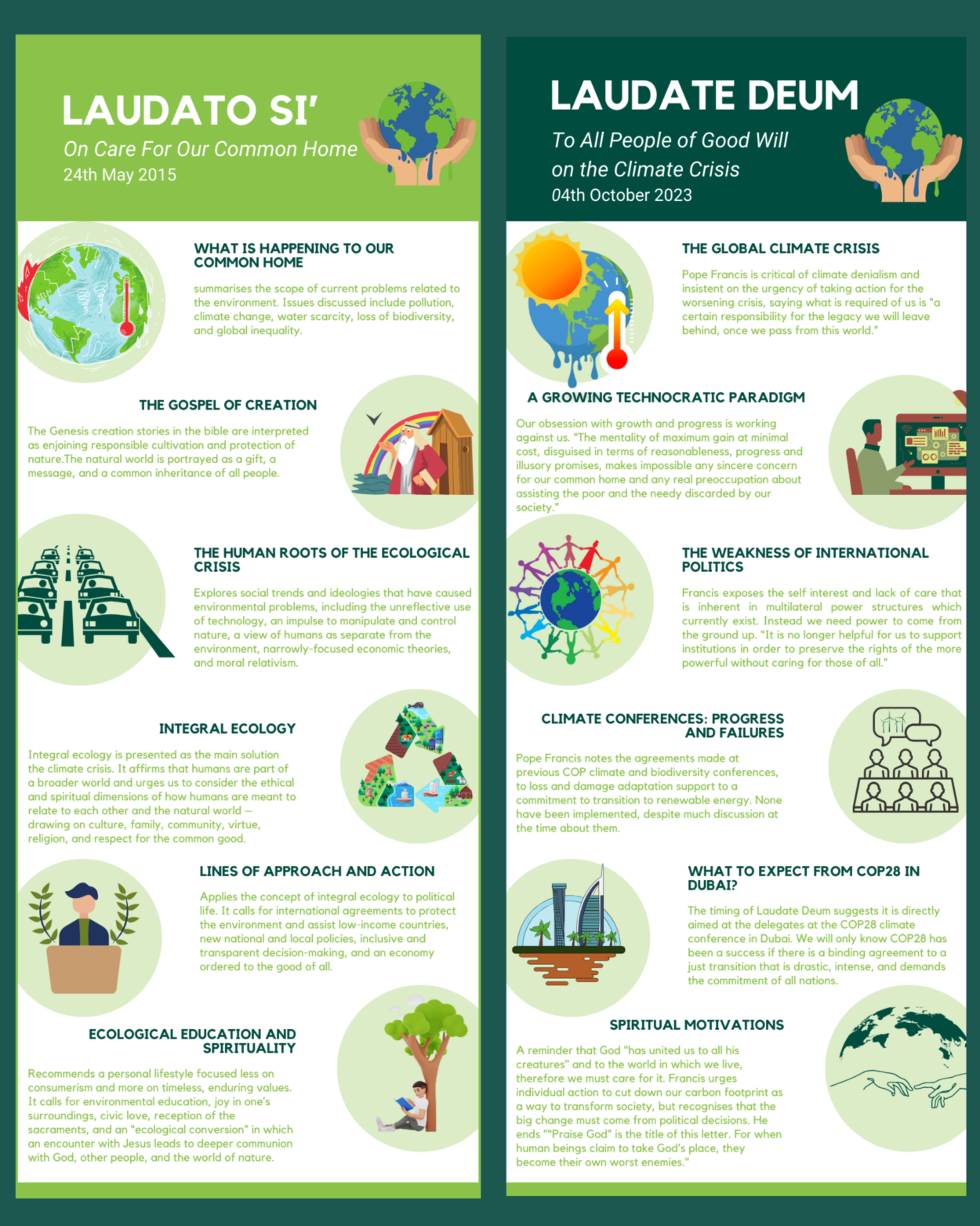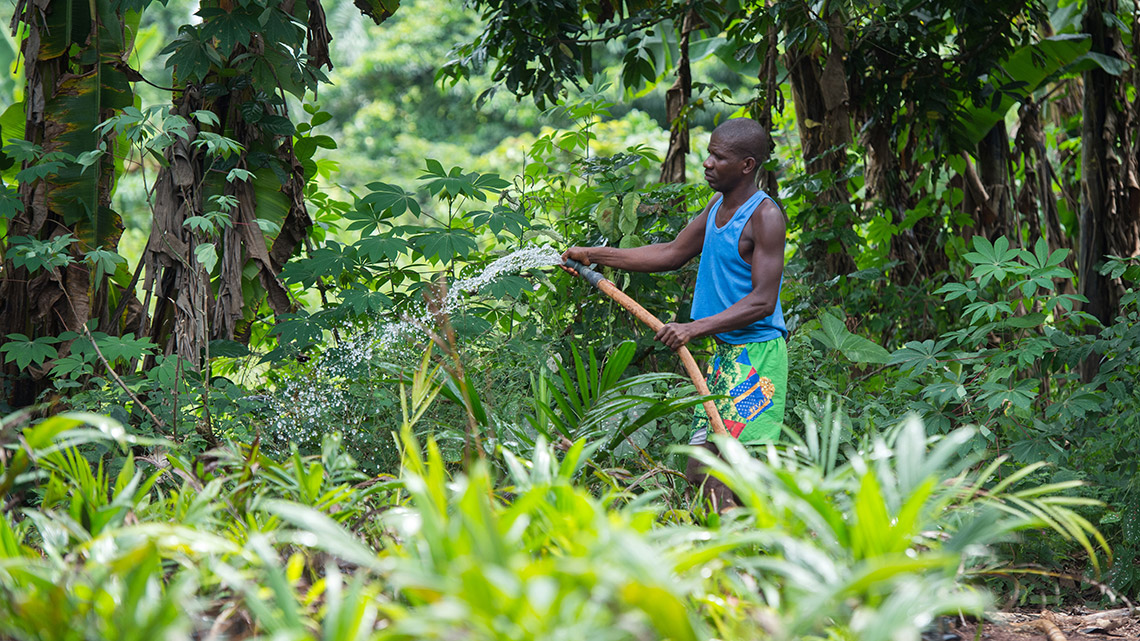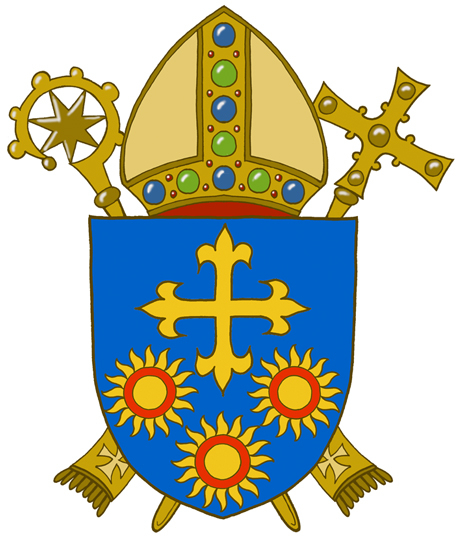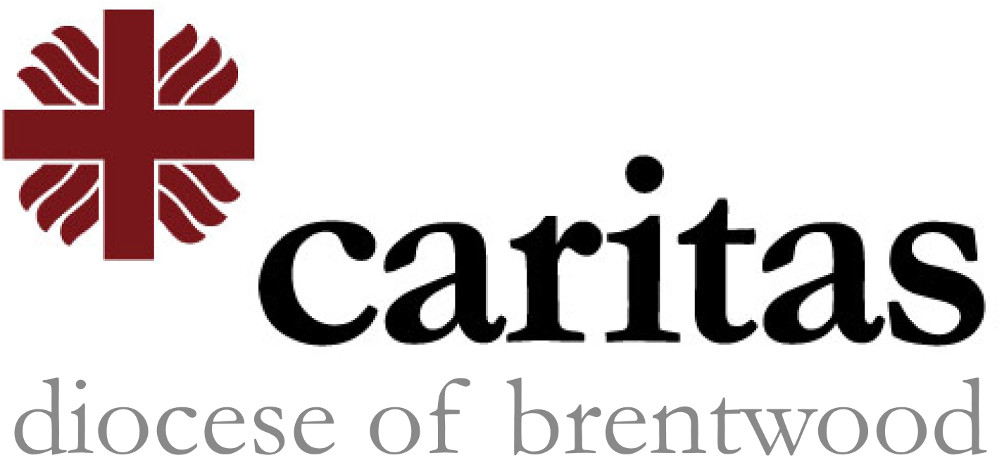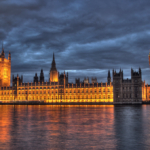Laudate Deum: Praise God
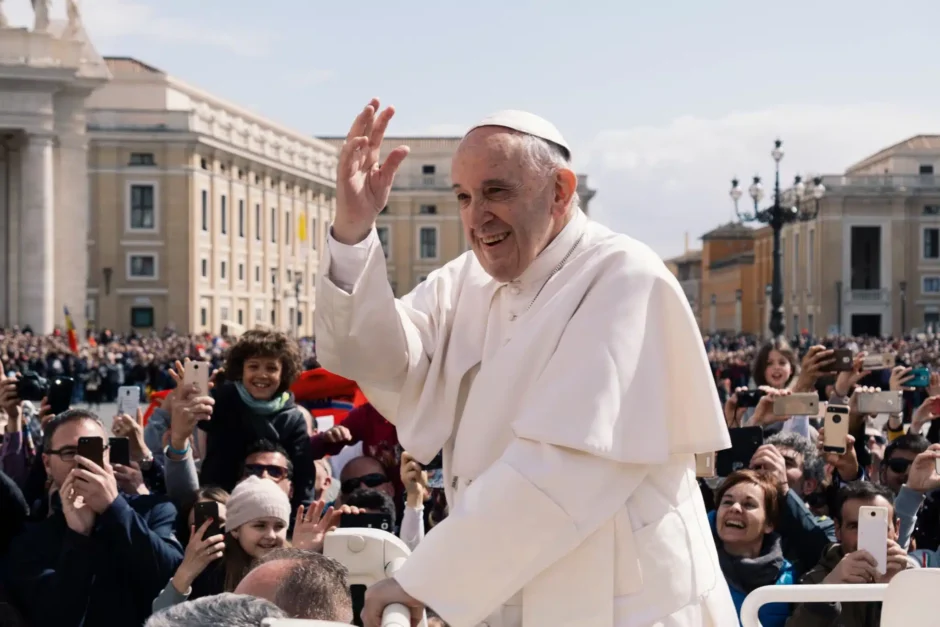
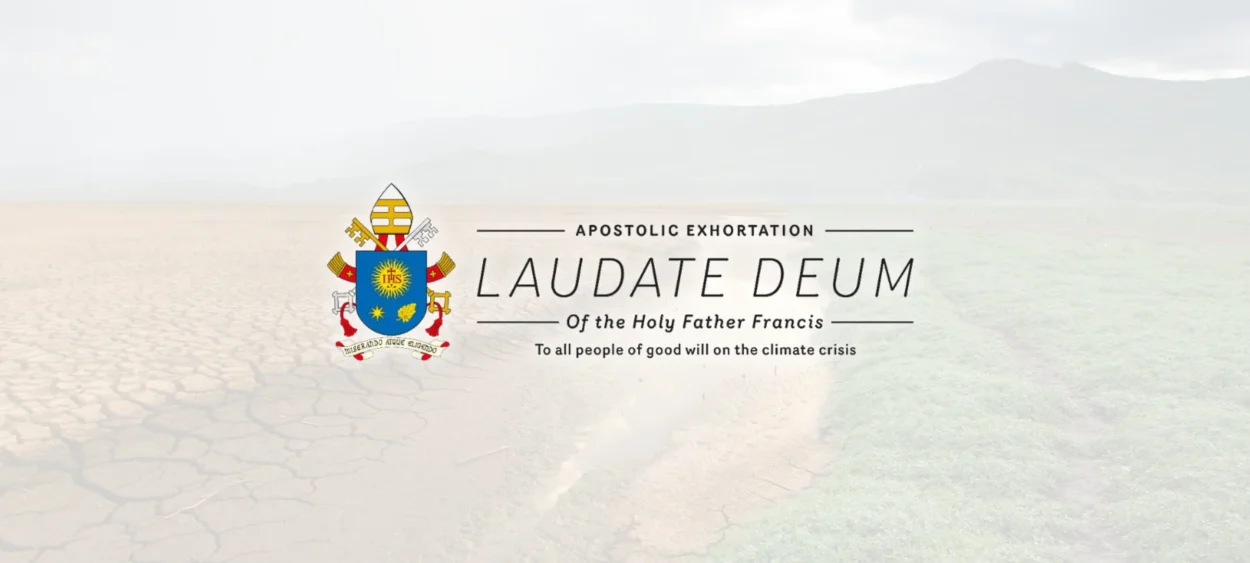
Please see Bishop John Arnold’s letter on Laudate Deum to Rishi Sunak in advance of COP28, and CAFOD’s associated campaign to get the message of Laudate Deum to our MP’s.
Laudate Deum has been called a follow-up to Laudato Si’ and the title reflects this. Like Laudato Si’ this new document reminds us of the words of St Francis’ prayer poem, the Canticle of the Creatures, which praises God by praising God’s creation.
Pope Francis states specifically that the title of this letter is “Praise God” because
“when human beings claim to take God’s place, they become their own worst enemies.” (#73)
By this, he means that when we seek power for its own sake we damage both ourselves and the planet. Power should be used to create a better world for all.
Laudate Deum is an urgent call to tackle the climate crisis, recognising that time is running out. And irreversible damage has already been done. In this letter Pope Francis states that the climate crisis is real and cannot be denied. It is caused by human activity.
But the pope cautions against seeking only technological solutions, noting that although we have more and more tools to manipulate the world, we are still failing to protect the environment from destruction. The more we seek to increase power for its own sake, the less we use our power to protect life. As he states,
“Not every increase in power represents progress for humanity.” (#24)
At the same time, he says, economic powers are not interested in solving the problem, because they want “the greatest profit possible at minimum cost” (13). This pursuit of the greatest profit possible at minimum cost makes caring for our common home impossible.
We need political change on a national and international level. While Pope Francis states that individual actions and efforts to minimise waste are important, he also recognises that they are not enough. We are called to continue to transform society through our individual, family and community actions, but also to call on those in power to take urgent action.
Pope Francis is clear that we all have a role to play, pressurising the sources of power and demanding change. He calls us all to be involved and particularly urges that COP28, the next round of important UN negotiations on climate change, needs to be a historic event, with binding forms of energy transition. For the sake of the future of our children we must take action.
Despite the gravity and urgency of the situation we face, Pope Francis reminds us that we must continue to hope, because to
“say there is nothing to hope for… would mean exposing humanity, especially the poorest, to the worst impacts of climate change.” (#54)
(Text from CAFOD Website)
